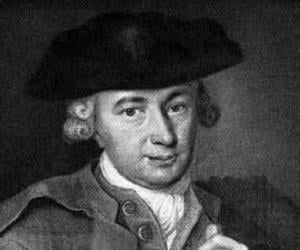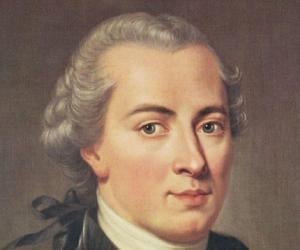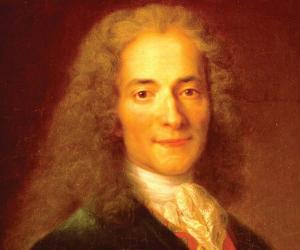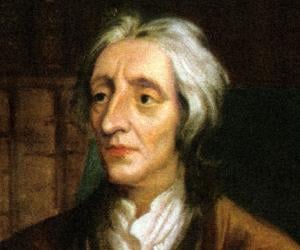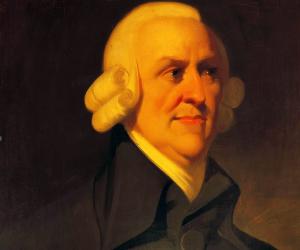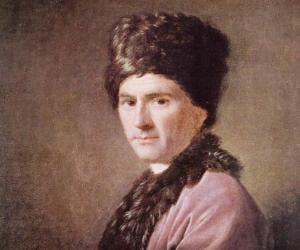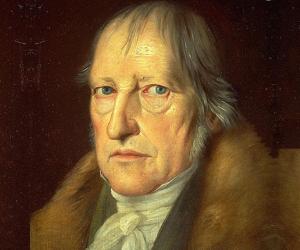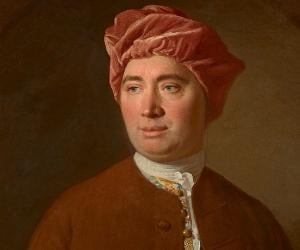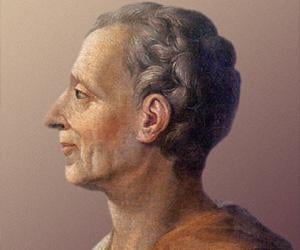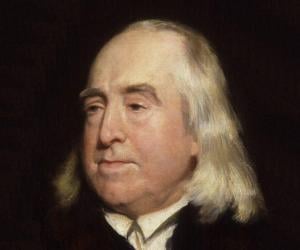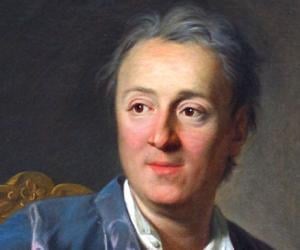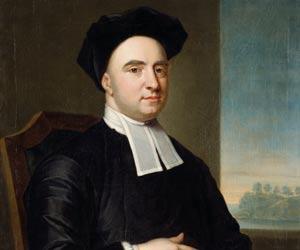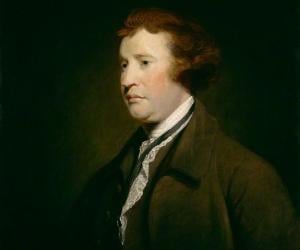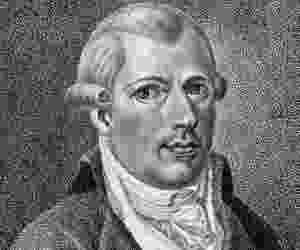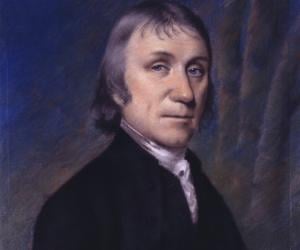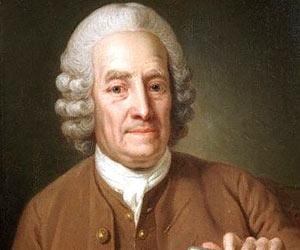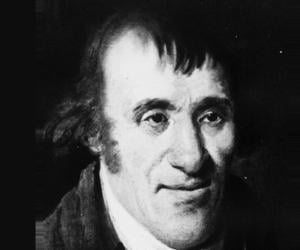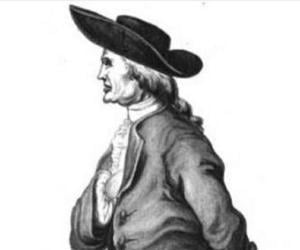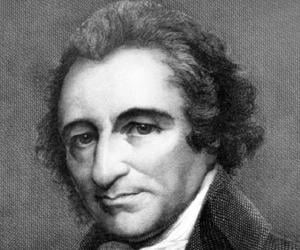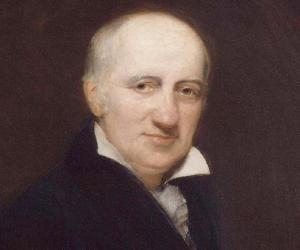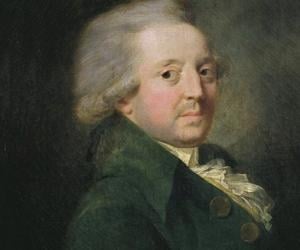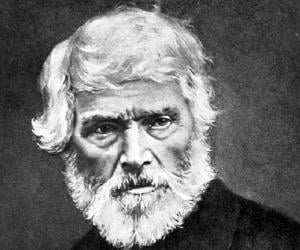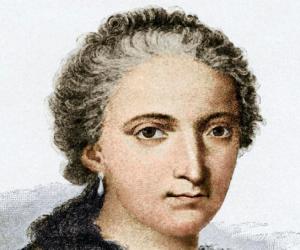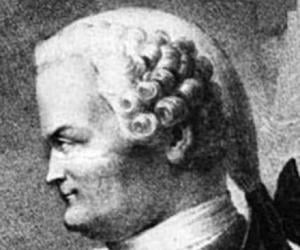Immanuel Kant was a German philosopher whose works in fields like aesthetics and metaphysics have made him an important and influential personality in Western philosophy. His views continue to influence contemporary philosophy. Kant has had a major influence on prominent philosophers like Hegel, Schelling, Reinhold, and Fichte. Kant's work on mathematics is cited by Albert Einstein as an early influence.
Widely considered The Father of Economics, Adam Smith was a Scottish philosopher and economist. A pioneer of political economy, Adam Smith played a major role during the Scottish Enlightenment. His book The Wealth of Nations is regarded as the first modern work of economics and a forerunner of today's academic discipline of economics.
Jean-Jacques Rousseau was a Genevan philosopher, composer, and writer. His political philosophy influenced aspects of the French Revolution. He also helped develop modern economic, political, and educational thought. His writing inspired a transformation in French drama and poetry. His works also influenced such writers around the world as Tolstoy. His works as a composer were acknowledged by composers like Mozart.
Scottish Enlightenment philosopher, historian, and economist, David Hume, is considered one of the most important philosophers to write in English. His book, A Treatise of Human Nature, is counted among the most influential works in the history of philosophy. His works have influenced numerous thinkers, including German philosopher Immanuel Kant and Christian philosopher Joseph Butler.
French Enlightenment political philosopher, historian, judge, and man of letters Montesquieu remains the main source of the separation of powers system that is followed in many constitutions across the globe. His treatise The Spirit of the Laws on political theory greatly influenced work of many others, including drafting of the U.S. Constitution by the founding fathers of the United States.
Denis Diderot revolutionized the Age of Enlightenment as the co-founder of Encyclopédie, which was banned for questioning religion. He had flirted with the idea of joining the theater and becoming a priest, and even studied law, but later devoted himself to languages, literature, and philosophy.
George Berkeley was an Anglo-Irish philosopher who is credited with popularizing a theory called immaterialism, which claims that material substance like tables and chairs can't exist without being perceived by the mind. Berkeley influenced several philosophers like David Hume. Also remembered for his humanitarian work, George Berkeley worked towards creating homes for abandoned children in London.
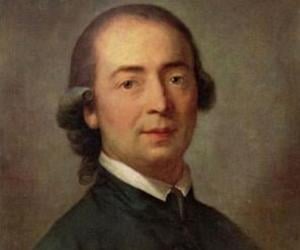
German philosopher Johann Gottfried Herder is best remembered as a significant figure of the Sturm und Drang literary movement. Born into poverty and largely self-educated till 17, he later became a disciple of Immanuel Kant and was associated with Enlightenment and Weimar Classicism. He was eventually ennobled.
Anglo-Irish statesman and philosopher, Edmund Burke, was a member of parliament (MP) in the House of Commons of Great Britain for several years. He supported Catholic emancipation and strongly opposed the French Revolution. He felt revolution destroyed the fabric of good society and traditional institutions of state and society. He is considered the philosophical founder of modern conservatism.
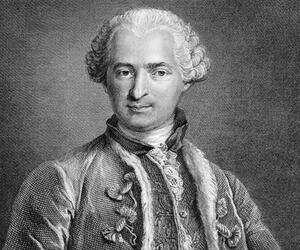
Known as The Wonderman, 18th-century French adventurer Comte de Saint-Germain was also a talented musician, especially skilled in the violin, and a well-known chemist. Not only was he proficient in almost all European languages, he had traveled to places such as Russia, the Dutch Republic, and Germany.
Best remembered for his contribution to the chemistry of gases, Joseph Priestley was an English scientist, clergyman, political theorist and educator, who has been credited with discovering oxygen independently, publishing his findings before Carl Wilhelm could. A prolific writer, he has authored 150 works on various subjects including electricity. He also contributed immensely to the advancement of political and religious thoughts.
Emanuel Swedenborg was a Swedish pluralistic-Christian philosopher, mystic, theologian, and scientist. Swedenborg started hogging the limelight after writing a book on the afterlife titled Heaven and Hell, which released in 1758. A prolific scientist and inventor, Swedenborg experienced spiritual awakening after which he started working on reforming Christianity. He even claimed that he could converse with angels and demons.
As a child, Ethan Allen was fond of deciphering passages from the Bible. He grew up to co-establish Vermont and led the Green Mountain Boys during the American Revolutionary War. After failing to achieve Vermont’s separation from New York, he tried to unite Vermont with Canada.
English natural philosopher, scientist, and a prominent experimental and theoretical physicist and chemist Henry Cavendish is best-remembered for his discovery of hydrogen and his Cavendish experiment. He first recognized that hydrogen, which he termed inflammable air, is a discrete substance which produces water on combustion. He conducted the Cavendish experiment to measure and produce a value for Earth’s density.
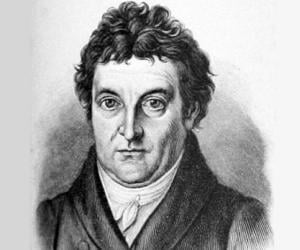
English-born American political activist, philosopher, and revolutionary, Thomas Paine, is credited to have penned some of the most influential pamphlets at the start of the American Revolution. His works inspired the common people of America and motivated them to fight for independence from British rule. He was ostracized for criticizing Christianity and died a lonely man.
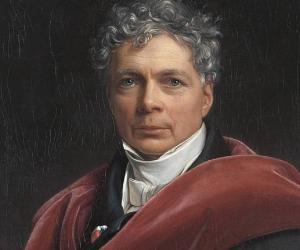
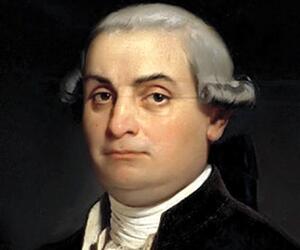
Cesare Beccaria was an 18th-century Italian criminologist, philosopher, jurist, and politician. He is widely regarded as one of the greatest thinkers of the Age of Enlightenment. He is still remembered for his treatise On Crimes and Punishments (1764), a pioneering work in the field of penology. He is considered the father of modern criminal law.

French social theorist Charles Fourier is regarded as one of the pioneers of utopian socialism. Apart from advocating social reconstruction based on phalanges, or Fourierism, he is also credited with coining the term feminism with respect to women’s rights. The Social Destiny of Man remains one of his notable works.
French mathematician and philosopher Marquis de Condorcet was a champion for liberal economy and women’s rights. He was a significant contributor of the Encyclopédie and was part of the Academy of Sciences. He is also remembered for his political activities in the wake of the French Revolution.
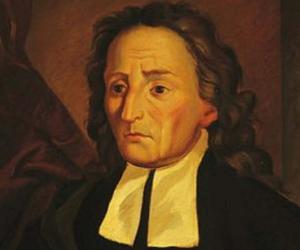
Italian philosopher Giambattista Vico is regarded as a pioneer of what is now known as cultural anthropology, or ethnology. He brought together history and the social sciences in his work Scienza nuova. A poor bookseller’s son, he studied by candlelight but grew up to be a major Counter-Enlightenment figure.
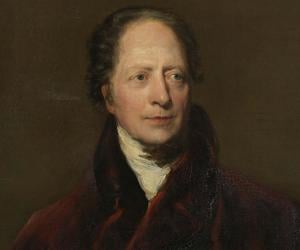
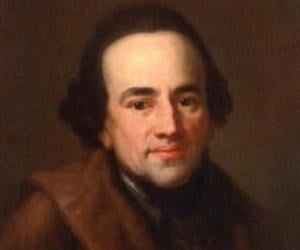
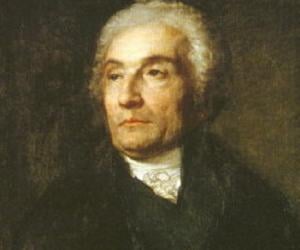
A qualified lawyer, Joseph de Maistre was also a skilled diplomat, moralist, and author. Part of the Savoy Senate, he was exiled in Switzerland after Napoleon’s invasion and later also served in Russia and an envoy of the Sardinian king. A staunch Roman Catholic, he was against liberal and scientific beliefs.
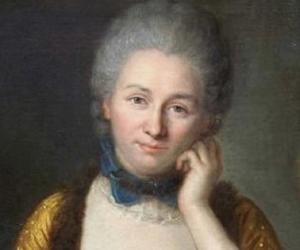
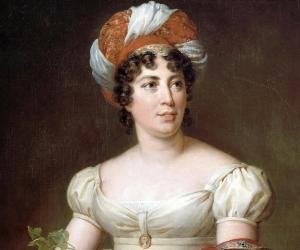
Germaine de Staël was a French political theorist and woman of letters. She is best remembered for her collaboration with the popular Swiss-French political thinker Benjamin Constant. Germaine, who was way ahead of her time, is widely regarded as a precursor of feminism.

English legal theorist John Austin, who aimed at transforming law into a true science, is considered by many as creator of the school of analytical jurisprudence. His book The Province of Jurisprudence Determined received significant attention posthumously, while his analytical approach to jurisprudence and theory of legal positivism also influenced American and British law following his death.
Italian mathematician Maria Gaetana Agnesi, daughter of an affluent silk trader, was well-versed in a number of languages as a child. Most of her work was regarding algebra, calculus, and the Witch of Agnesi. She was also the first female academic to write a math book and to teach math.
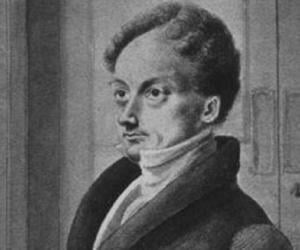
James Mill was a Scottish economist, historian, philosopher, and political theorist. Mill is credited with co-founding the Ricardian school of economics. He is also credited with writing The History of British India, which classifies Indian history into three parts: British, Muslim, and Hindu. The classification has played an influential role in the field of Indian historical studies.
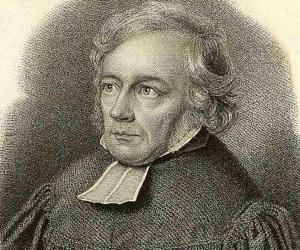
Hailed as an early leader of liberal Christianity, Lutheran philosopher Friedrich Schleiermacher was also an eminent biblical scholar and theologian. Best remembered for his works on hermeneutics and theory of translation, he also had a great impact on the evolution of higher criticism and became known for his attempt to reconcile the criticisms of the Enlightenment with traditional Protestant Christianity.
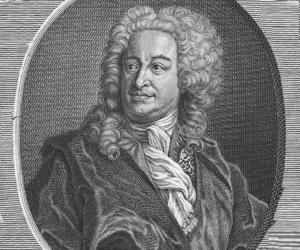
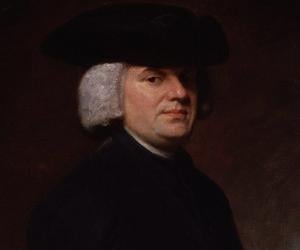
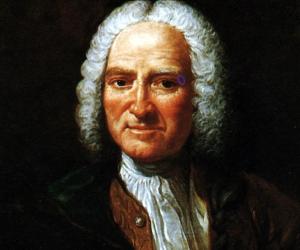
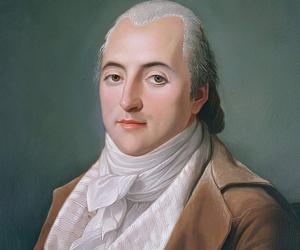
Henri de Saint-Simon was a French political, economic, and socialist theorist and businessman. His ideology was the inspiration behind the political and economic movement known as Saint-Simonianism. He left a major influence in the fields of politics, economics, sociology, and philosophy of science. His ideas also inspired and influenced the concept of utopian socialism.
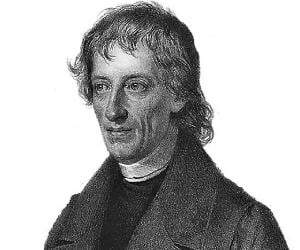
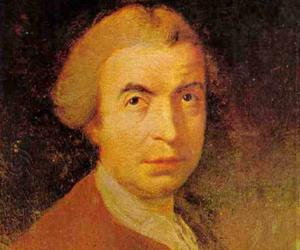
Italian astronomer and mathematician Roger Joseph Boscovich was one of the first European scientists to accept Newton’s gravitational theory. His contributions to astronomy include the application of geometry to compute the orbit of a planet and the equator of a rotating planet. He also laid the foundation of the atomic theory.
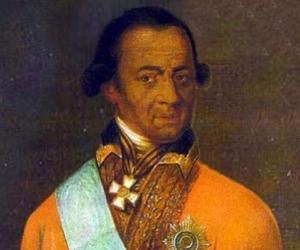

Thomas Reid was a Scottish philosopher best remembered for founding the Scottish School of Common Sense. Reid, who played an important part in the Scottish Enlightenment, advocated common sense realism as opposed to his contemporary David Hume who advocated metaphysical naturalism. Thomas Reid is also credited with co-founding the Royal Society of Edinburgh in 1783.
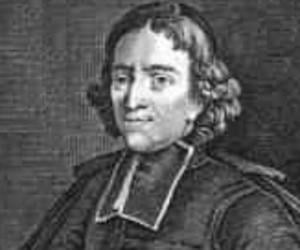
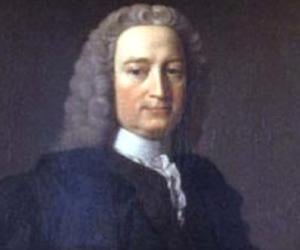
Scotch-Irish philosopher Francis Hutcheson is remembered as a pioneering figure of the Scottish Enlightenment. An Irish Presbyterian preacher, he also taught moral philosophy at Glasgow University. He believed in internal senses, apart from the 5 external senses. His 2-volume System of Moral Philosophy, one of his best-known works, was released posthumously.
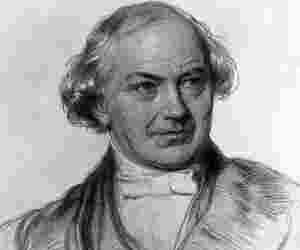
William Whewell was an English polymath, scientist, philosopher, theologian, and historian of science. He worked in a wide range of fields, publishing works in the disciplines of physics, mechanics, geology, economics, and astronomy. He also wrote poetry, sermons, and theological tracts. He is credited with coining the terms linguistics, physicist, consilience, scientist, catastrophism, and uniformitarianism.
Johann Heinrich Lambert was a Swiss polymath whose contributions to the fields of physics, mathematics, map projections, astronomy, and philosophy are considered important by many scholars. He is credited with introducing hyperbolic functions into trigonometry. He is also credited with inventing a hygrometer, which is used to measure the quantity of water vapor in soil and air.
